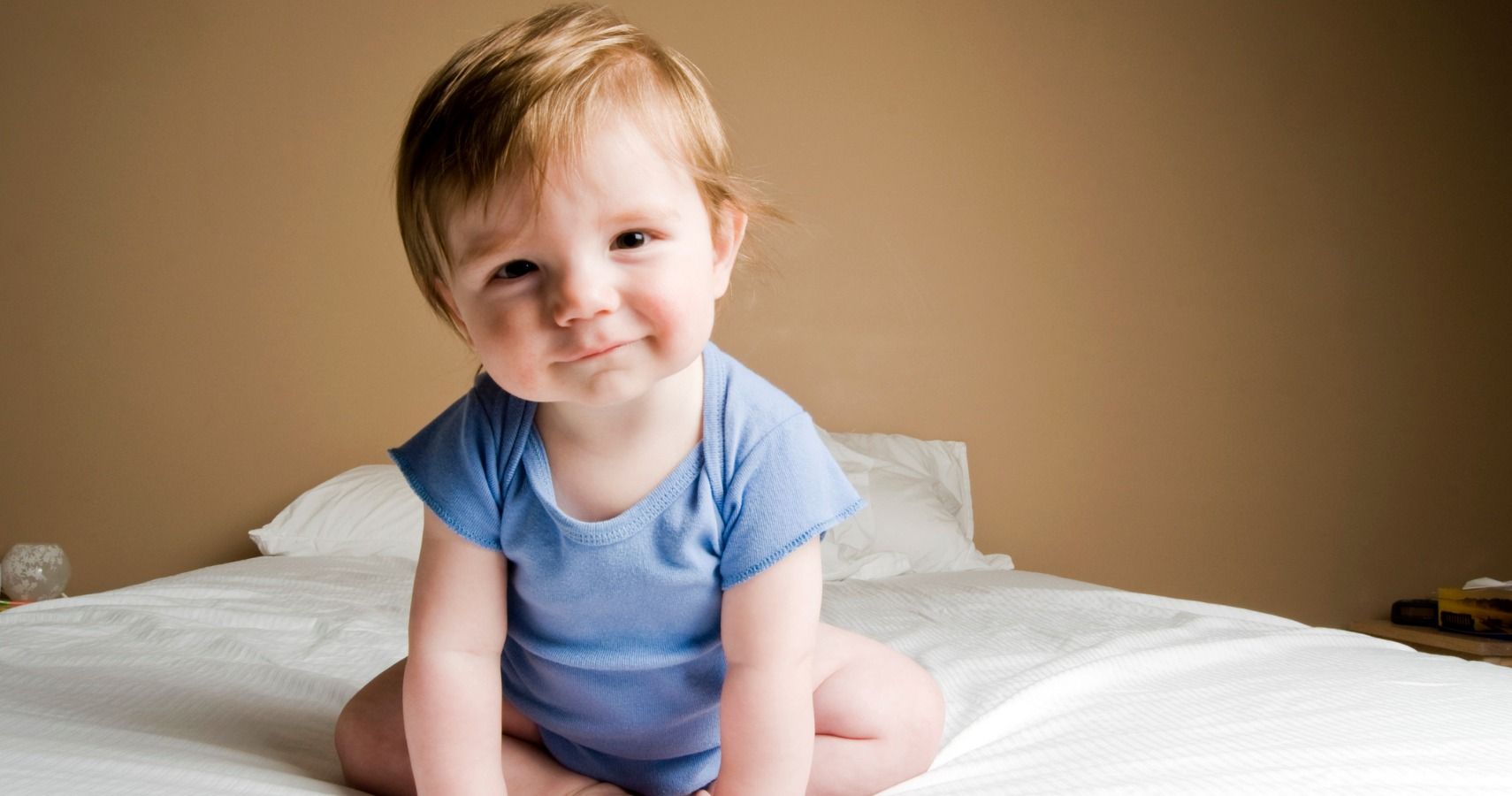Climate change. These are two words that we hear about an awful lot lately in reference to the climate (duh) and global warming as a whole. We think about how it will impact the daily environment of the world that we live in and the life of planet Earth in general. However, we probably don't think about it having any impact on our human biology. But it does.
According to a new study, scientists have confirmed that climate change will have a direct impact on the gender of the number of boys born. For real.
The study was done by scientists at the M&K Health Institute in Hyogo, Japan and had been working for some time to see if climate change can alter the ratio of boys to girls born or not, and are finally sharing their findings. They suggest that the warming of the planet with it's constantly fluctuating temperatures does show that fewer boys are being born than girls due to what's happening with our changing planet.
But why? Right?
Dr. Misao Fukuda, lead author of the study, share that it all boils down to the fact that conception of boys was found to be more impacted by external stress of the changing planet than girls. While scientists aren't able to pinpoint exactly why these external stressors play such a big role, they do have a theory. They believe that these "subtle changes in sex ratios" could have something to do with the vulnerability of the Y sperm cells and male embryos in utero.
In 2018, the same team studied the ratio of boys and girls born after a natural disaster, such as the many earthquakes that happen in Japan. After the disasters happened, the researchers looked at the genders of the babies born nine months later and found there to be a drop in the number of boys born. The numbers ranged from six percent to as high as a 14 percent decline in some areas, confirming their findings in this current study.
Additional findings also suggest that temperature could have something to do with it as typically there are 103 girls born for every 100 boys. However, boys are typically born in warmer climates, without external climate change factors like drought or wildfire.
Pretty interesting!
READ NEXT: Young Children Are Far More Vulnerable To Climate-Related Disasters

